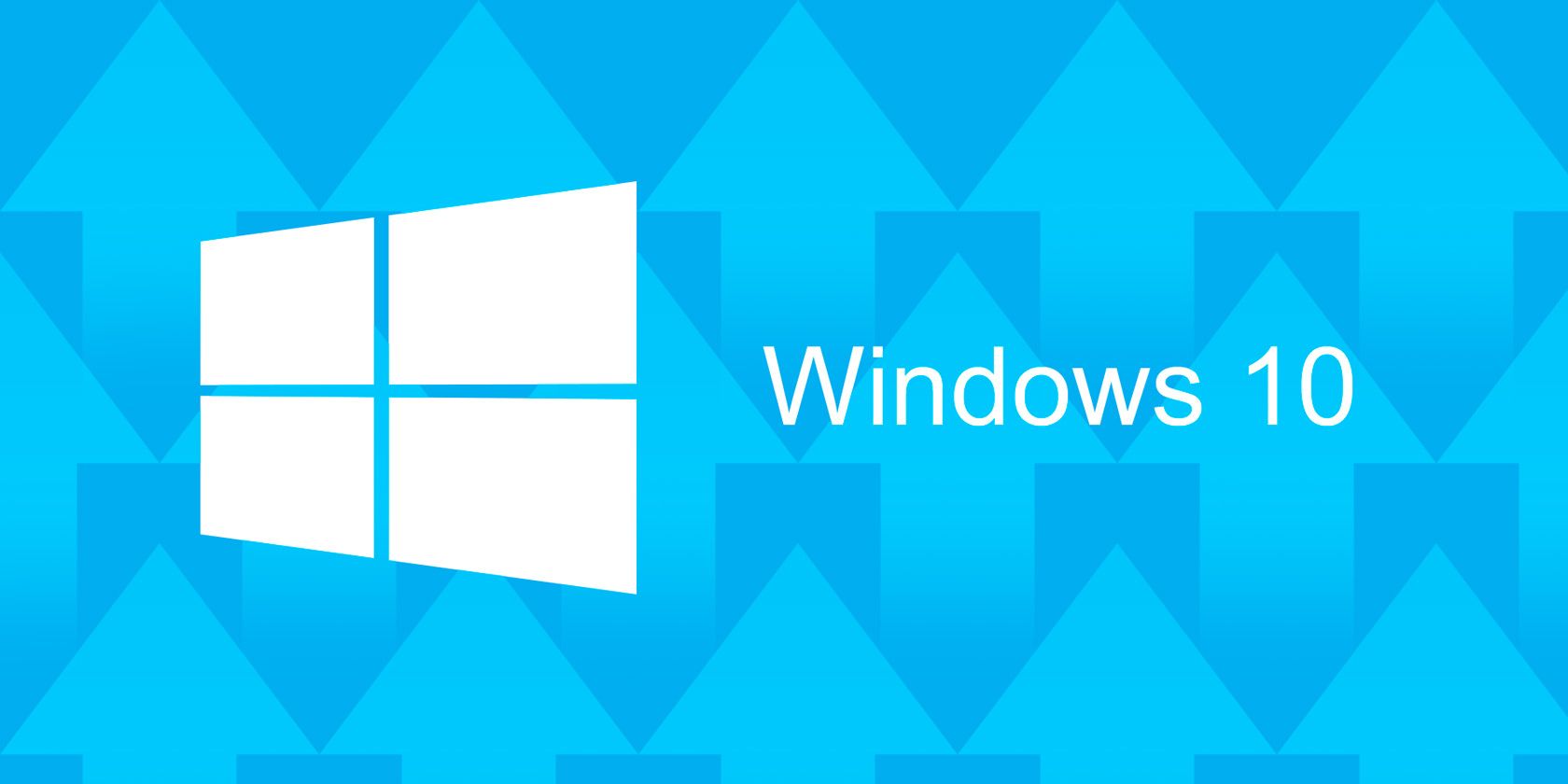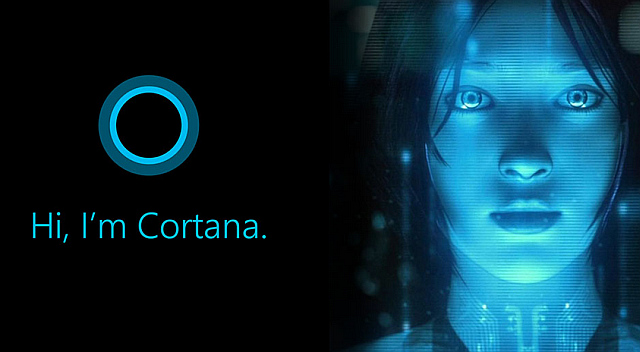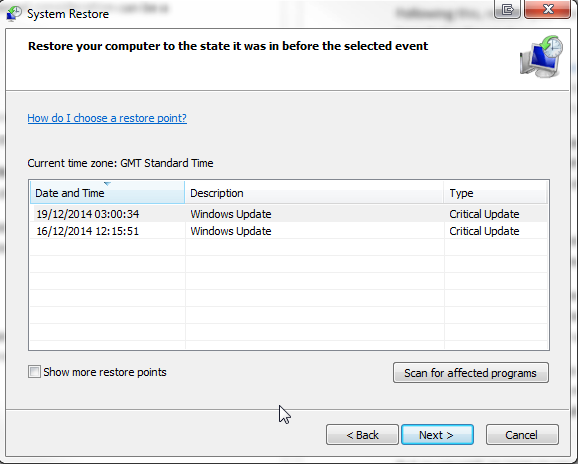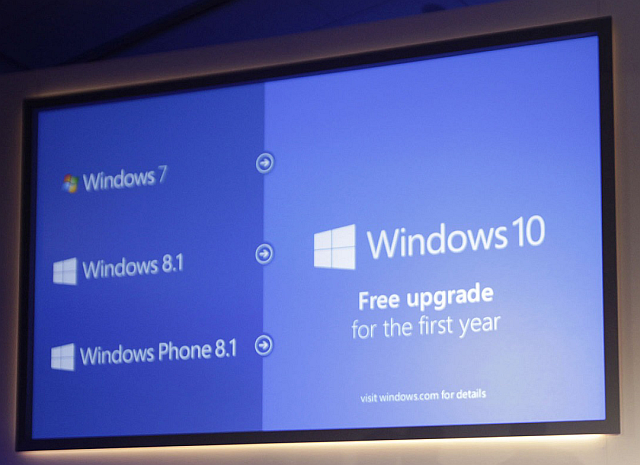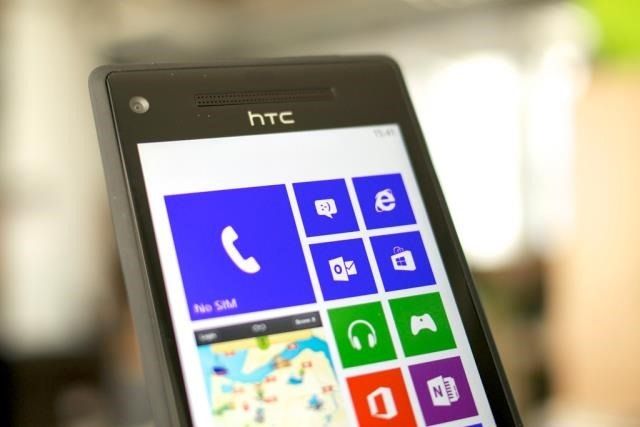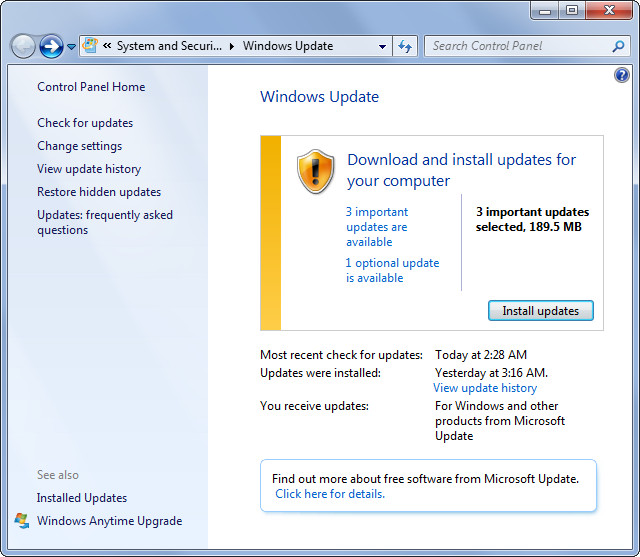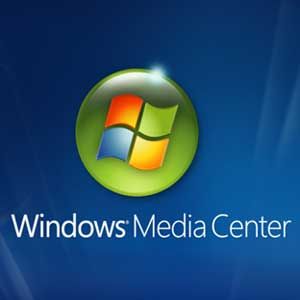Windows 10 is coming and it's an exciting prospect for PC users, but as well as new additions there are a few things being removed—make sure you know the pros and cons before you upgrade.
The question of the moment for PC users is whether or not it's wise to upgrade to Windows 10. The latest version of Microsoft's operating system brings a host of advances and refinements along with it, but some functionality from previous versions is being removed.
Before you decide whether or not to get Windows 10, it's best to be fully aware of what you're getting yourself into. Here are the biggest points to consider, if you're thinking about making the jump to Windows 10.
The Good
Cortana Makes Life Easier
Following a successful debut on Windows Phone devices, Cortana is being brought to PCs with Windows 10. Virtual assistant software has become increasingly popular over the last couple of years, so there's likely plenty of users looking forward to having access to it directly from their PC.
Admittedly, speaking to Cortana doesn't come quite as naturally when you're sat in front of a computer compared to the way this software is implemented on smartphones, but the functionality itself is very good. Now updated to control third party apps like Spotify, as well as launching programs, creating calendar events and searching the Internet, Cortana is a powerful tool that will likely get even better as Windows 10 continues to be improved upon.
A Truly Fresh Start
While it might not be the most attention-grabbing feature, the tweaks being made to storage and recovery functionality in Windows 10 look set to fix some niggling deficiencies. Refresh and Reset functionalities are being redesigned to work without the need for a recovery image, which cuts down on the amount of system resources the OS needs, but also offers some other benefits to the user.
For one, it prevents hardware manufacturers from polluting the restore partition with bloatware, making it much easier to start afresh with a clean install if you choose to. Tweaks like this might not make headlines, but they're nice additions to usability that supplement the more attractive features being included in Windows 10.
Windows 10 is the Final Version of Windows
Microsoft has made it very clear that Windows 10 is set to be the last version of Windows. Much like Apple's OS X, it seems like the edition of the OS is set to be a platform in its own right, that the company can iterate on going forward. For anyone put off by the fact that Windows 7, 8, 8.1, and now 10 have seen release over little more than five years, this will be somewhat reassuring.
Many users exercise caution when a new version of their OS comes around. It makes sense to wait until the bugs have been ironed out of any major release, but that strategy can backfire if you wait too long. All of a sudden, your PC is multiple versions out of date and won't support new hardware or software features. However, Microsoft is offering the opportunity for all users to get on an even playing field via a free update to Windows 10.
From that point, your computer will be kept up to date automatically, as Microsoft is planning to take advantage of always-on Internet connections to deliver a continuous schedule of updates. The days of an outdated PC seem to be coming to an end, so long as users upgrade to Windows 10 to start the process off.
Integration with the Wider Windows Ecosystem
Microsoft has made no secret of its ambition to use Windows 10 to expand the reach of the OS. Soon, the same user experience that's available on a PC running Windows 10 will cross over to phones, tablets and more. If you're already tied into Microsoft's range of products, switching from one device to another is going to be more seamless than ever before.
Perhaps you're looking to continue working on a spreadsheet on your tablet after you've set the document up in Excel on your office PC, you'll be able to do just that, thanks to the new range of Office apps specifically designed for touch screen interfaces. Or, say you want to play a few rounds of Halo online, but the television is in use—you can use the Xbox app to stream gameplay from your Xbox One directly to your PC display.
Individually, these pieces of functionality might not be reason enough to upgrade to Windows 10. However, when taken as a whole they begin to construct a rather convincing argument. Having all your devices working together can make life much easier, and Microsoft is making the most of its broad range of products and services to take advantage of that.
The Bad
Less Control Over Updates
Many PC users have learned to fear the sight of Windows Update, and the continuous schedule of updates set for Windows 10 looks set to make it an even bigger frustration. If you purchase the Pro or Enterprise edition of the OS, you'll be able to defer these updates, at least for some time, but anyone who takes advantage of the free upgrade being offered by Microsoft has no such luxury.
On the one hand, you might argue that this makes it easier for the company to keep Windows safe and secure. However, there are plenty of users out there who will undoubtedly see this as nannying on the part of Microsoft, and would prefer to retain control of their own system without being forced into buying a premium version of the OS.
Veteran tech reporter Mary Jo Foley calls the strategy 'Windows as a service', alluding to the fact that users are agreeing to use whatever version of the OS Microsoft circulates as the most current release. That's all well and good while things are in proper working order, but there may well be a backlash as soon as the company starts making changes that users don't like.
Familiar Features Will Be Missing
The little differences can be the most jarring part of any OS upgrade. We get accustomed to the way things work, and even slight changes to that delicate balance can stand out from what we know. Microsoft has already announced a list of deprecated features for Windows 10, all of which are relatively minor.
Desktop gadgets from Windows 7 are set to disappear, and classic games like Solitaire and Minesweeper will need to be replaced with versions from the Windows Store. These changes shouldn't be deal-breakers for most users, but they're indicative of the sort of thing that makes a new OS feel unfamiliar as you begin to use it.
No More Media Center
Like Windows 8 before it, Windows 10 won't support Windows Media Center—in fact, it will uninstall the program automatically when you upgrade. Many users take advantage of the software for its capacity as a no-frills DVD player, but that job can be done by the multi-functional VLC until Microsoft delivers its own replacement.
You might even want to look into something a little bit more worthy of the title Media Center. Plex is one of the most popular options at the moment, as it's built on the strong foundation of XBMC (now known as Kodi) and offers a beautiful, straightforward interface with handy features like movie trailer integration.
Should I Update or Not?
With Windows 10, Microsoft isn't simply introducing a new version of its OS—it's fundamentally changing the way that Windows functions. Between the continuous user experience between devices and the new way that updates are set to be rolled out, it's clear that the company is set on making some major changes.
As such, you need to consider whether the changes being made will make your PC usage better or worse. This certainly isn't the sort of no-brainer update that will provide the same benefits to every user.
Instead, it's perhaps best to think of Windows 10 as a new OS altogether. You wouldn't switch from Windows to Linux without doing the proper research beforehand, and similarly you shouldn't install Windows 10 unless you're quite sure that it's going to change the way you use your computer for the better.
Your reasoning might be as simple as having found Cortana very handy to have on your Windows Phone. Conversely, you might not want to let go of Windows Media Center just yet. It's important that your decision is based on the way you use your PC now, and how that might be affected by the changes made for Windows 10.
Most users will benefit from the new features and tweaks that Windows 10 has to offer, but those who don't will be none too pleased to find that they're stuck with an OS that they don't like. Take the time to consider your options before you take the plunge, and you'll be less likely to regret your decision afterwards.
Do you have your own insight on whether or not updating to Windows 10 is a good idea? Why not share it with other users in the comments section below?

